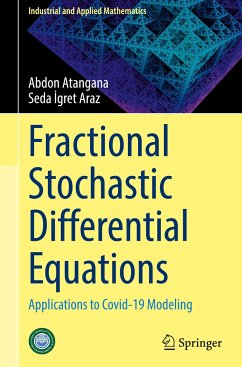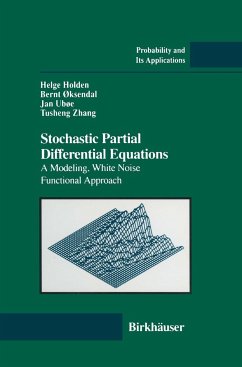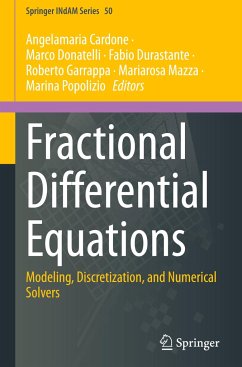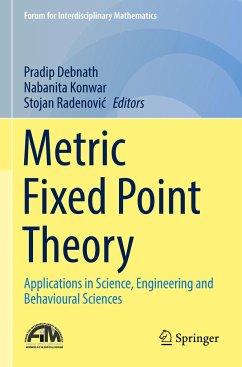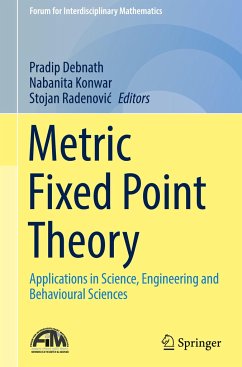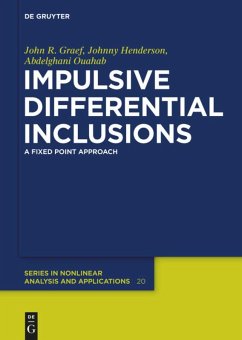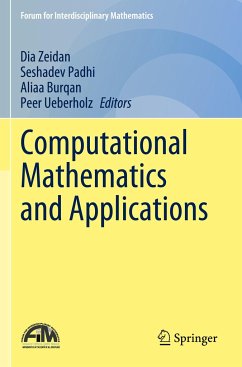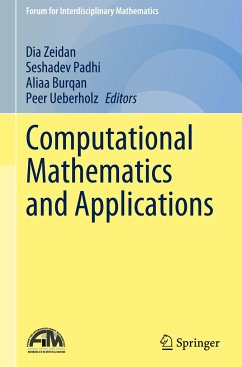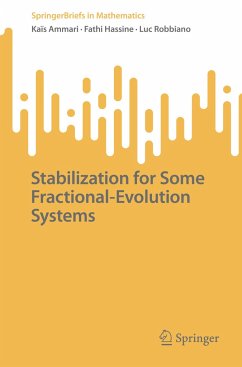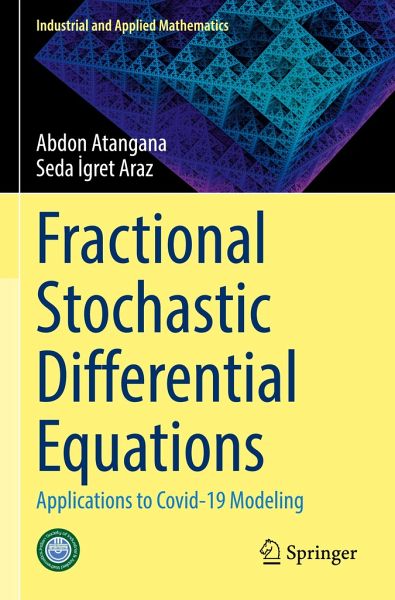
Fractional Stochastic Differential Equations
Applications to Covid-19 Modeling
Versandkostenfrei!
Versandfertig in 6-10 Tagen
113,99 €
inkl. MwSt.
Weitere Ausgaben:

PAYBACK Punkte
57 °P sammeln!
This book provides a thorough conversation on the underpinnings of Covid-19 spread modelling by using stochastics nonlocal differential and integral operators with singular and non-singular kernels. The book presents the dynamic of Covid-19 spread behaviour worldwide. It is noticed that the spread dynamic followed process with nonlocal behaviours which resemble power law, fading memory, crossover and stochastic behaviours. Fractional stochastic differential equations are therefore used to model spread behaviours in different parts of the worlds. The content coverage includes brief history of C...
This book provides a thorough conversation on the underpinnings of Covid-19 spread modelling by using stochastics nonlocal differential and integral operators with singular and non-singular kernels. The book presents the dynamic of Covid-19 spread behaviour worldwide. It is noticed that the spread dynamic followed process with nonlocal behaviours which resemble power law, fading memory, crossover and stochastic behaviours. Fractional stochastic differential equations are therefore used to model spread behaviours in different parts of the worlds. The content coverage includes brief history of Covid-19 spread worldwide from December 2019 to September 2021, followed by statistical analysis of collected data for infected, death and recovery classes.





